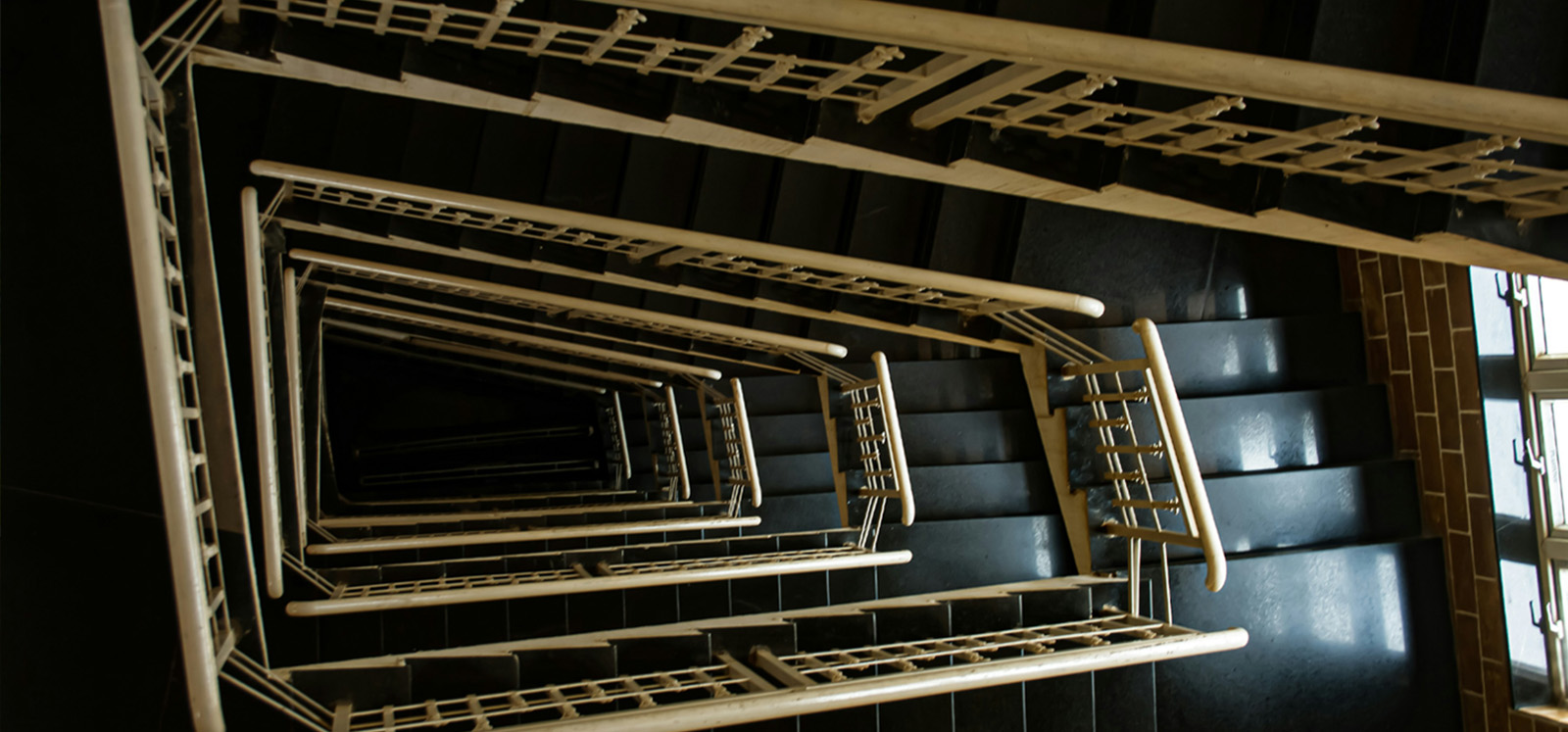Challenging hegemonic conditions for democratising universities in India
Introducing Institute Visiting Scholars Dr Nandita Banerjee Dhawan and Dr Asha Achuthan

Institute Fellows Professor Dina Belluigi (Legacy) and Dr Ulrike M Vieten (Religion, Arts and Peacebuilding) are hosting Dr Nandita Banerjee Dhawan and Dr Asha Achuthan, on behalf of the Institute as they all just embarked on a new and exciting collaborative research project on ‘Counter-stories of author-ity in transition: Women in the Indian Academy’.
The project takes, as its departure point, the awareness of gendered intersectional inequalities, structural exclusion, and hegemony within higher education institutions in India, which are nonetheless tasked as key drivers of the Sustainable Development Goals. The multi-disciplinary, international team will apply innovative methods (including oral history, visual ethnography, soundscapes, digital stories, and art films) to create a counter-archive of the agency of first-generation academics within such conditions.
The project builds on the findings of a mixed method study which considered policy- and principle-implementation gaps to transforming higher education in Indian and South African universities. Findings included, the costs of entering the ‘New Middle Class’ for those entrapped by gendered inequalities (see Dhawan, Belluigi, Idahosa 2023); the politics of assigned and unassigned leadership for the sustainability of transformation (see Belluigi, Dhawan and Idahosa, 2022); the conditions of academics’ formation as citizens within boundaries and borderlands of the academy (see Belluigi, Dhawan and Idahosa, 2021). A specific chapter with insights from within an historically Black university in South Africa is forthcoming (Idahosa, Belluigi and Dhawan, forthcoming). Dr Dhawan and Prof Belluigi have also offered a genealogical narration on the history of 'women's studies' in the Indian academy, as a contribution to the question of how Critical University Studies may be advanced, in a forthcoming edited volume.
Beyond the written and published material, glimpses of the innovative methodological development can be viewed in this visual paper (Belluigi and Meistre, 2021). It relates to a project (led by Prof Belluigi and artist Brent Meistre of Analogue Eye: Video Art Africa) about first generation academics with first generation-education artists. Included is the artwork ‘The Irreversible Other’ by Mark Wilby, on the struggles against mis-recognition of Indian academics who are members of ‘Scheduled Tribes’. Both artists are involved in this project, hoping to build on the learnings from Counter Narratives.
Dr Achuthan is an expert on histories of technology, including digital technologies, and on feminist queer politics. This all ties in very well to Dr Vieten’s academic expertise in Gender, Ethnicity and Sexuality Studies (PhD, UEL, 2008).
Dr Banerjee Dhawan’s and Dr Achuthan’s affiliation with the Institute began January 2024 and will last until the end of 2026. Being Visiting Scholars will give space to develop further collaboration with various Institute’s Fellows and Theme Leads, for instance, Professor Fiona Magowan and Professor Louise Mallinder.
Encompassing Dr Banerjee Dhawan and Dr Achuthan’s research visits to Queen’s University Belfast, in the near future, two RAs to the research project, Ms Madhuparna Karmakar and Mr Johny Marjit, are going to join QUB for one month, between March and April 2024. Both scholars, among others, will give talks and take part in SSESW activities, such as the Centre for Inclusion, Transformation and Equality (CITE), Away Days (14-15 March), and present insights of their work to students studying the university.
This international cooperation with Indian colleagues will deepen understanding of minority-majority world relations and complicate dominant narratives about authority and legitimacy in universities. Dr Vieten, who is a transnational First Generation Academic, feels inspired by the project in India, and plans to establish an international network (all-Ireland and UK, for now) to enhance understanding of structural inequalities for those first generations of female academics, who come and came to academia from working class backgrounds.
The featured image has been used courtesy of Abhinav Anand, Unsplash.
Dr Ulrike M. Vieten
Dr Vieten has researched the notions of difference and otherness, particularly with respect to historical and contemporary cosmopolitanisms. More recently, she looked into the experiences of asylum seekers and refugees in Northern Ireland, and focused on the politics of loss, the language of dance and how to communicate experiences of displacement across different groups.
The study on refugees was the first study of this kind in NI, and commissioned by the OFMDFM/ Stormont, in 2016. Following previous, also externally funded research, the most recent project with colleagues in Turkey is ground breaking as visual culture is used to stimulate processes of reconciliation across divided communities.
